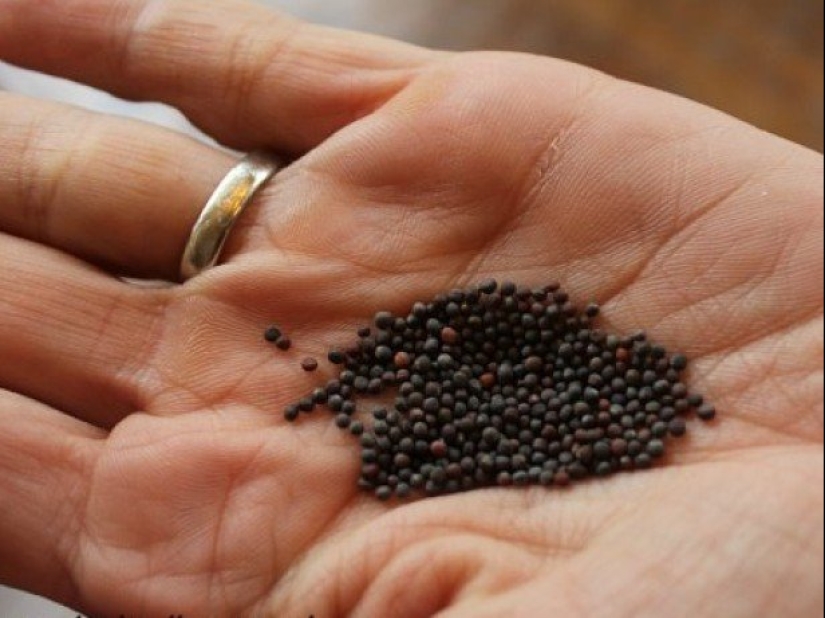What Russia was engaged in levelwise and why this profession was very honorable
Categories: History
By Pictolic https://pictolic.com/article/what-russia-was-engaged-in-levelwise-and-why-this-profession-was-very-honorable.htmlIn the good old days in Russia, there was a profession whose names sound strange to the modern man. The more unusual it looked like what we do, holders of these professions. Levelwise was in the villages of Russia irreplaceable people since pre-Christian times to the early 19th century, and the last of them worked in the early 20th century. Who are they and why their skills are highly valued among the peasants?

From the school course of history, we know that the end of the 17th century in Russia didn't potatoes. While the Tsar-reformer Peter I started the carrot and stick to impose American roots, the main crop in Russian was a turnip. It was cooked porridge and the soup, it steamed and baked, it stuffed the bird and tarts and even made brew.

Turnips were used in folk medicine, preparing the drugs for cough, toothache, abdominal cramps, impotence and many other misfortunes. Turnip harvested in the cellars and the underground for the winter, and the crop failure was a disaster that threatens the very real hunger. Not surprisingly, this root appears in many Russian fairy tales.
Turnips are easy to grow and if the weather is favorable, and the owner is not lazy, this culture gives a good harvest. But plant turnips are very hard and the problem is not even in preparing the beds for planting. The fact that the seeds of turnips are very small — just 1 gram can be around 600!

Throw handfuls of seeds such as rye or wheat, as turnips likes to be planted evenly, without crowding. At the same time on a small land allotments the peasants in the account was every inch and plant the garden had rationally.
To comply with all the rules for the landing and turned to plevelich — women who know how to mouth to sow turnip seed. Professionals of this case were in any area, but been such "specialists" a little bit. For such work required a certain skill and probably a special talent.
Plevelich gained in the mouth of the smallest seeds of turnip and accurately, precisely and quickly spit them in small portions onto the prepared planting beds. The seeds are valued high, so should not have wasted a single gram of planting material. Such workers were calculated in different ways- who have found the money they were paid, but most often specialist spitting relied certain percentage of the crop.

With the popularity of the common people of potatoes, the value of pivalic among the peasants gradually decreased. In the early 19th century turnips were no longer "strategic" for ordinary people, product and turnips sowed without former delicacy, and each to himself as he could. Last levelwise disappeared with the advent of mechanization of agriculture and the decline in the price of turnips and her seed. It happened approximately at the turn of the 19th and 20th centuries.
Keywords: Russian Federation | History | Countryside | Peasants | Famine | Peter | Potatoes | Russia
Post News ArticleRecent articles

It's high time to admit that this whole hipster idea has gone too far. The concept has become so popular that even restaurants have ...

There is a perception that people only use 10% of their brain potential. But the heroes of our review, apparently, found a way to ...
Related articles

In the fall of 1972, Bill Yates traveled through the countryside in the vicinity of Tampa, Florida. At that time, he was studying ...

When a person is in a life-threatening situation is awful, but even worse when it happens to a child. 11-year-old American Terry ...

Remember how broke the "unbreakable" scoop? The photo preserved in the photo album of almost every family! A selection of vintage ...

New Year's is a time to surprise and delight loved ones not only with gifts but also with a unique presentation of the holiday ...